Dog / Detail
A Deep Dive into the Doggy Snooze: Tongue Out or In?
Jonathan Bennet | 02 October 2024 | 12:05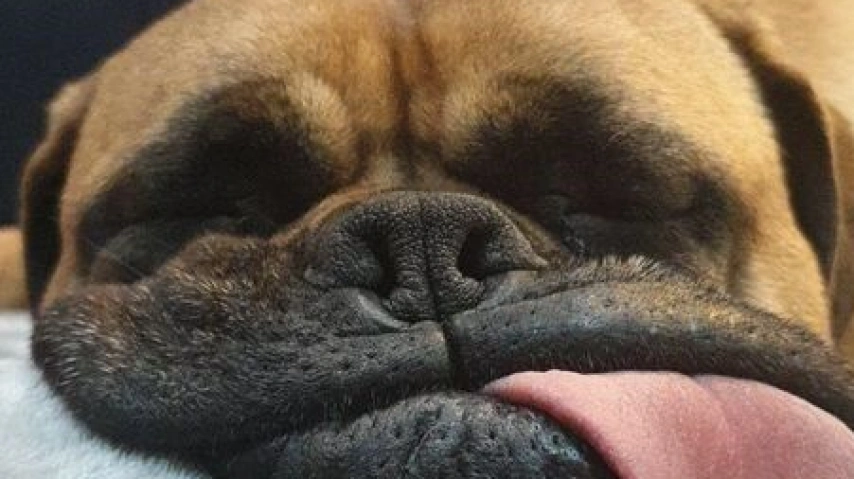
Have you ever observed a dog napping and wondered why their tongue is often lolling out?
This peculiar behavior has sparked curiosity among pet owners for generations. While it's a common sight, the scientific reasons behind it are less well-known.
Let's delve into the fascinating world of canine sleep and explore the mystery of the protruding tongue.
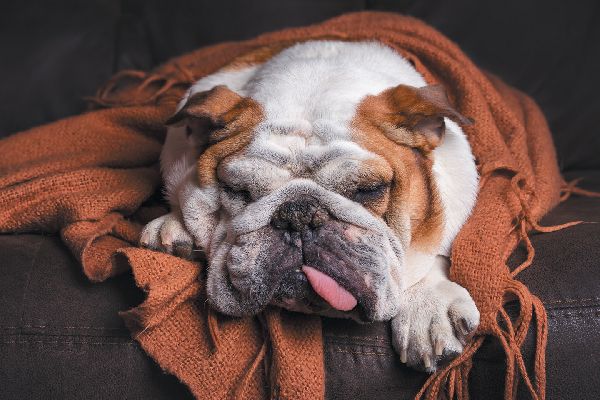
One of the most popular explanations for a dog's tongue hanging out during sleep is that it facilitates breathing.
The theory suggests that the tongue acts as a sort of airway regulator, making it easier for the dog to inhale and exhale. However, recent studies have challenged this notion.
While it's true that dogs can breathe through their mouths, their primary respiratory system is designed for nasal breathing.
The nasal passages are lined with tiny hairs called cilia that help filter out dust and other particles. Additionally, nasal breathing helps to humidify and warm the air before it reaches the lungs.
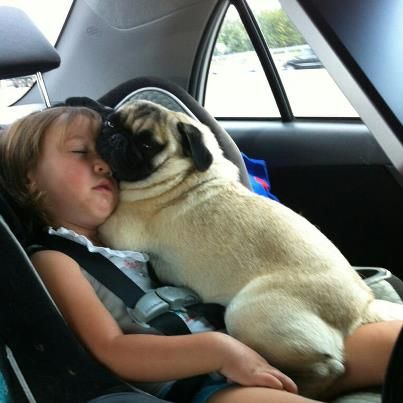
A more likely explanation for a dog's protruding tongue during sleep is related to temperature regulation. Dogs are highly efficient at shedding excess heat through panting.
By allowing their tongue to hang out, they can increase the surface area exposed to the air, aiding in heat dissipation. This is particularly important for breeds with short coats or those living in warm climates.
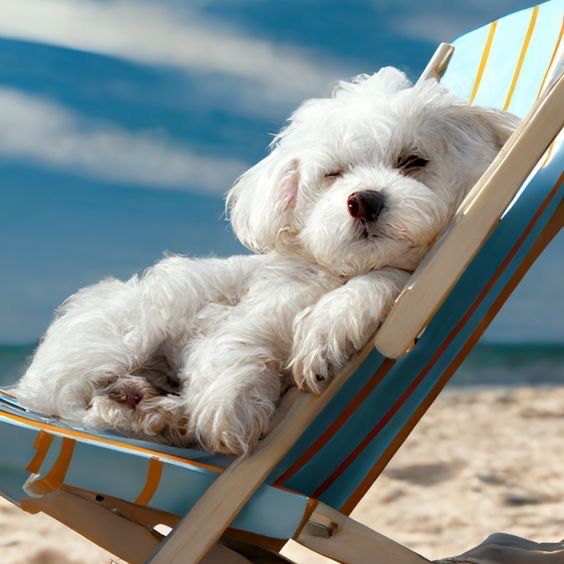
Other Possible Reasons
While temperature regulation and breathing are the most likely explanations, there are a few other possibilities for a dog's protruding tongue during sleep:
- Relaxation: The tongue may simply be relaxed and hanging out due to the dog's deep state of sleep.
- Dream-Related Behavior: Some experts speculate that the tongue may be part of a dream sequence, perhaps related to panting or licking.
- Underlying Health Issues: In rare cases, a protruding tongue during sleep could be a sign of an underlying health problem, such as respiratory difficulties or neurological disorders.
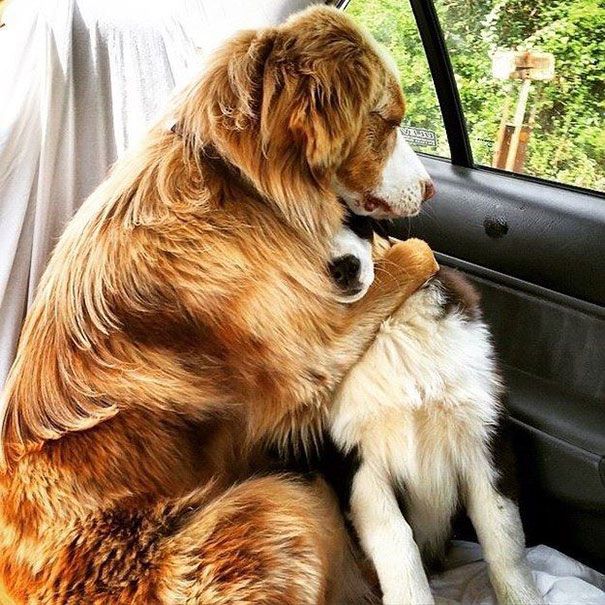
Should You Interfere?
The short answer is no, you should not interfere with your dog's tongue position during sleep. If your dog is healthy and comfortable, there is no need to worry about their tongue.
Pushing their tongue back in could be uncomfortable and even disruptive to their sleep.
While the exact reason for a dog's protruding tongue during sleep remains a subject of debate, it is likely related to temperature regulation or simply a sign of relaxation.
There is no need to worry about this behavior, as it is a natural part of canine sleep. If you have concerns about your dog's health or behavior, consult with your veterinarian.
Related
-
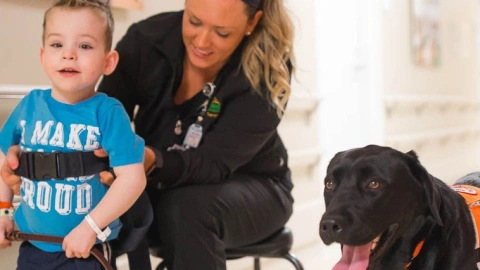
The Healing Power of Dogs: How Canine Therapy is Revolutionizing Mental Health and Boosting Positive Energy in Humans
Dog14 November 2024
-
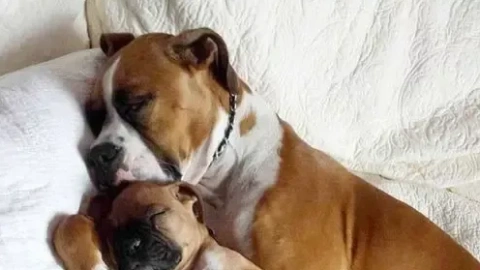
A Pawsitive History: Dogs of Nuremberg
Dog09 November 2024
-
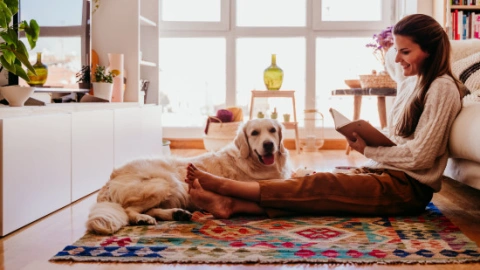
The Role of Oxytocin in the Human-Dog Bond: The Science Behind Our Deep Connection
Dog06 November 2024
-
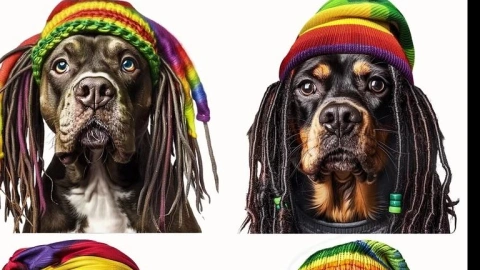
Beyond the Beach: Jamaica's Dog Lovers
Dog29 October 2024
-

A Dog's Delights: Homemade Snacks for Our Furry Babies, Recipes Included!
Dog29 October 2024
-
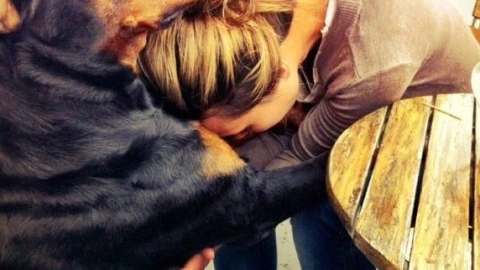
A Dog's Disorientation: Understanding Your Dogs' Wanderlust
Dog29 October 2024
Popular
-

-

A Pawsitive History: Dogs of Nuremberg
09 November 2024 -

-

Beyond the Beach: Jamaica's Dog Lovers
29 October 2024 -
